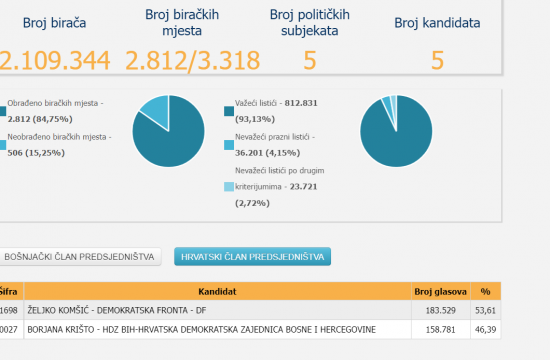
The citizens of the countries with the agreed visa-free regime with the European Union (EU) will not need visas to enter the Union but will need the ETIAS authorisation, the EU Delegation in Bosnia and Herzegovina said.
“That is not a visa but the entry authorisation. That’s how the third countries’ citizens will be exempted from the obligation of obtaining a visa and will be free to travel without one, but before the travel to the Schengen area they will have to get the travel permit,” the EU’s office in Sarajevo explained.
There are 61 non-EU countries today whose citizens are allowed to enter the Schengen zone without a visa and stay there for up to 90 days, regardless of being on a business or tourist trip. Within those 90, the travellers are not allowed to work or study in the EU.
The official website of the European Travel Information and Authorization System (ETIAS) said that the recent security concerns with terrorism and the migrant crisis have called for a better management of who is entering the EU borders.
“To reduce procedures and wait times, as well as address the security concerns, the European Commission (EC) has come up with a solution – ETIAS,” the official website of this system explained.
The Commission proposed the forming of the system back in November 2016 with an aim to enhance the security checks of the travellers from the countries with a visa-free regime.
In his 2016 State of the Union address, EC President, Jean-Claude Juncker, said the following:
“We need to know who is crossing our borders. This way we will know who is travelling to Europe before they even get there.”
The ETIAS procedures will be required as of 2021 and will apply to all countries having a visa-free regime with the EU, including the USA and Canada.
Schengen Area is a zone where 26 European countries, abolished their internal borders, for the free and unrestricted movement of people, in harmony with common rules for controlling external borders and fighting criminality by strengthening the common judicial system and police cooperation.
Schengen Area covers most of the EU countries, except the UK and Ireland. Although not members of the EU, countries like: Norway, Iceland, Switzerland and Lichtenstein are also part of the Schengen zone.




